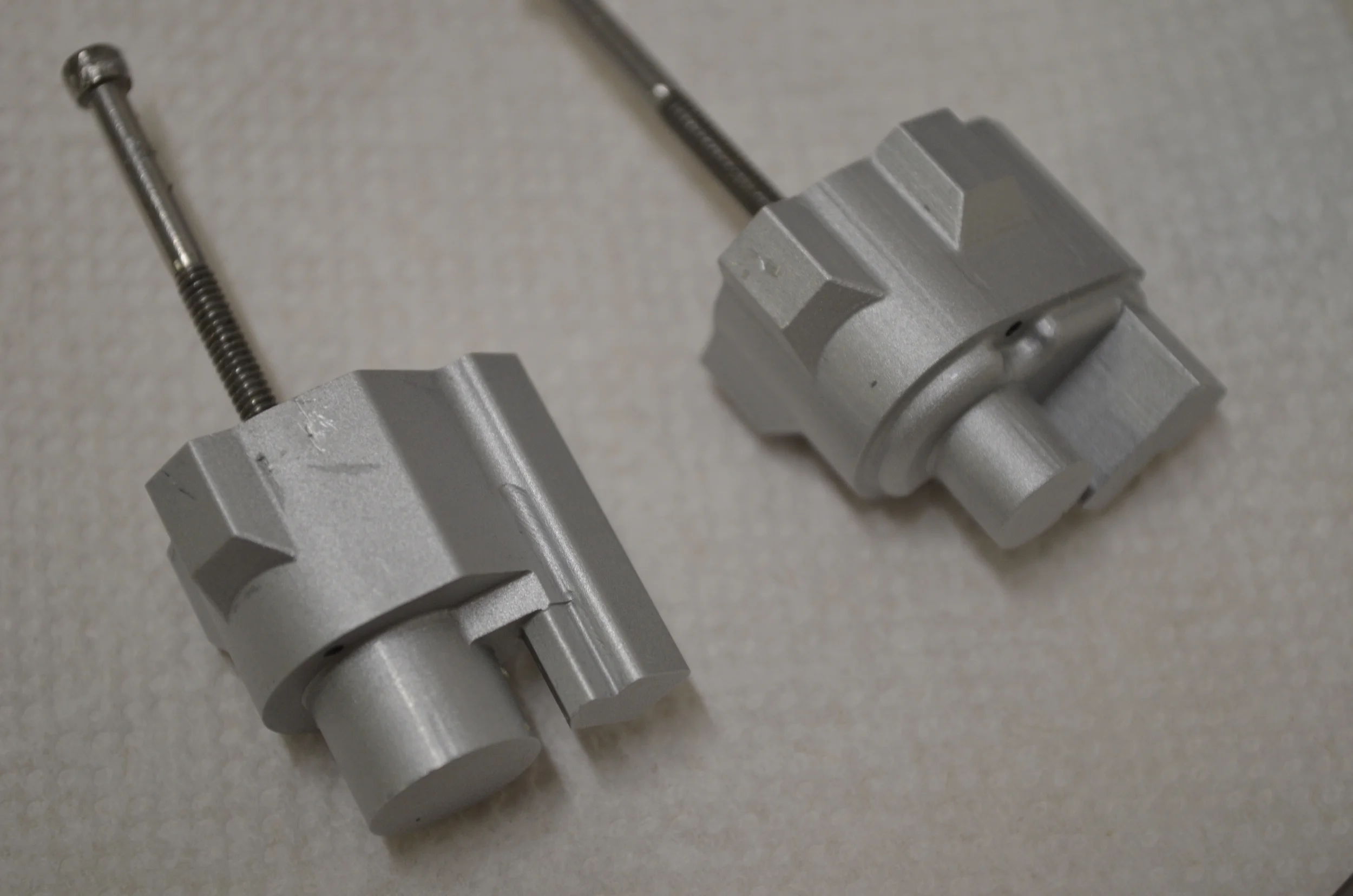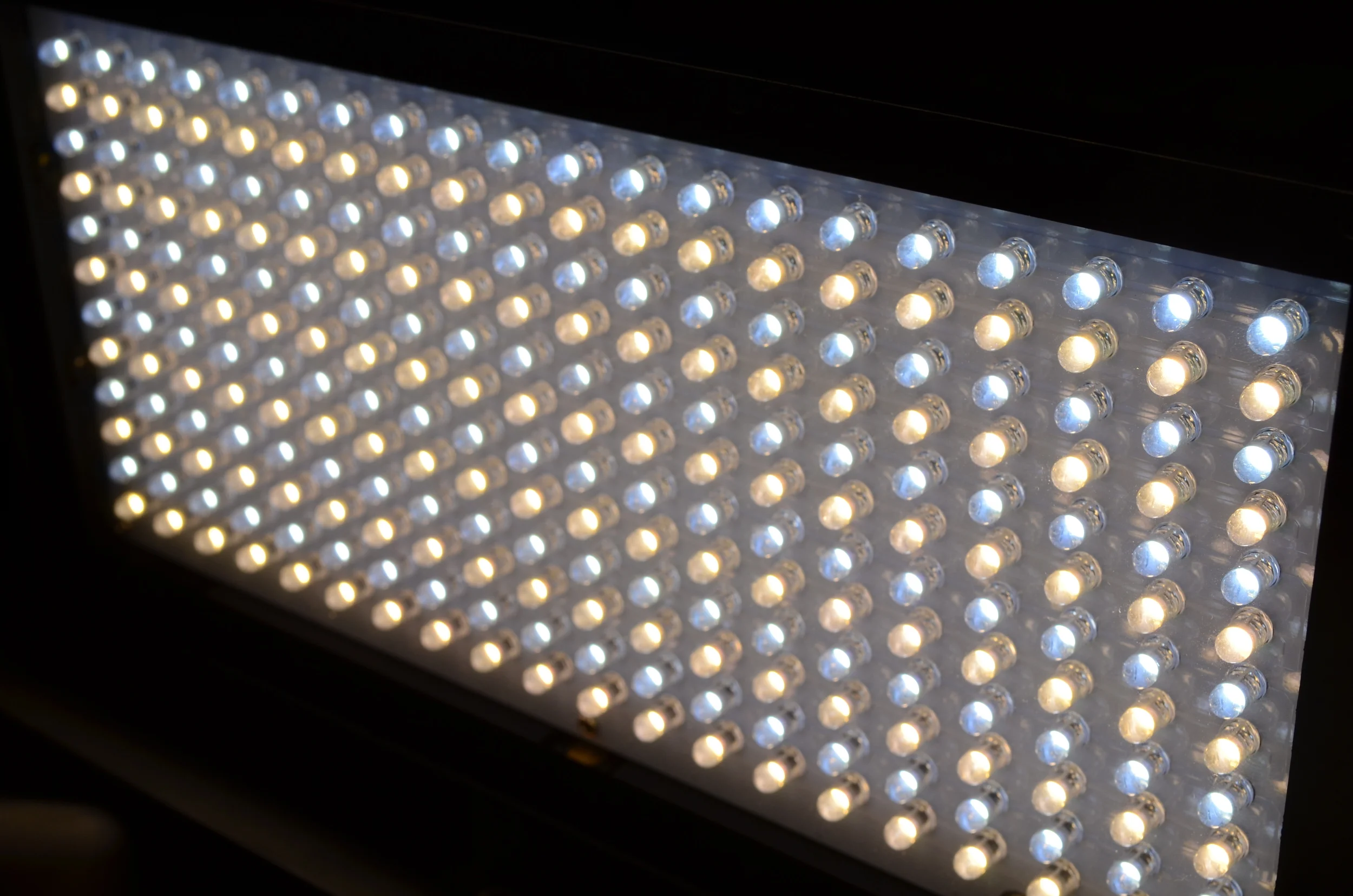Design:
Virtually There:
Roadmapping the Future:
Bias and Brains:
More next week.
Design:
- Fashion is among the least inclusive segments of design, having a strong preference for certain kinds of bodies and offering limited options for anyone falling outside that narrow spectrum. This New York Times piece looks at how designers are working to expand the possibilities by creating sleek, minimal apparel for wheelchair users, people with chronic medical conditions and other needs that have been ignored in the past.
Making Technology Work for Us:
- Physicist, metallurgist, educator and writer Ursula M. Franklin passed away. A thoughtful critic, her writings and lectures became a touchstone for many designers, engineers and educators looking for a more nuanced take on technology's place in society. If you're unfamiliar with her work, the lecture series "The Real World of Technology" is a good place to start. She was a rare individual, carving out a middle path of doing and saying: making practical, ethical contributions to many fields while also developing theoretical frameworks to guide thinking and offer alternatives. In a heavily compromised world where we are pressured to see ourselves on one side or the other, it's a good reminder that we can reject that false bargain and chart a different course.
Feeding the Future:
(Dis)trusting Technology:
Archiving:
- The last of the VCR manufacturers is bringing production to a halt. They've been making the devices for 30 years and built 750,000 units last year. Similar to the swansongs of other technologies, the decline of the format has created a small but passionate community of collectors, known to pay hundreds or thousands of dollars for especially rare tapes. Whether it's anxiety about an uncertain future, a sense that analog technology possesses a certain humane warmth, or feeling our own mortality reflected back to us, some are unwilling to let the outmoded but familiar slide into the darkness of history completely.
More next week.
Design:
Body/Image:
- Taser, the company synonymous with (usually) less-than-lethal equipment for law enforcement is campaigning hard to achieve similar market dominance in the production, sale and use of body cameras. Given their decades of experience selling into a heavily bureaucratic space they are well-positioned to do just that. This could mean that how much transparency, security and trawling goes on with the data collected by body cameras will be immensely influenced by the tools and features that a single company decides to develop or support.
Designing Space:
- This apartment complex offers tech-laden "wellness" packages for an extra $125 to $ 225 per month that tune lighting by time, intensity and color to improve sleep quality, along with aromatherapy and other somewhat dubious solutions for whatever day to day weariness ails you. While we're skeptical about the benefits claimed, it shows how low cost sensors and presumptive connectivity of devices are adding new "must have" layers to domestic infrastructure. LeCorbusier, with his conception of homes as machines for living, would probably be on board with some of these mechanistic attempts to tweak and tune our personal biorhythms.
- Rising rents means getting by with less space, so MIT spin out Ori is preparing to roll out a 21st century take on the Murphy bed - a sort of centralized furniture column that stretches, unfolds and contorts to suit the miscellaneous modes of living and working.
Automatons:
More next week.




